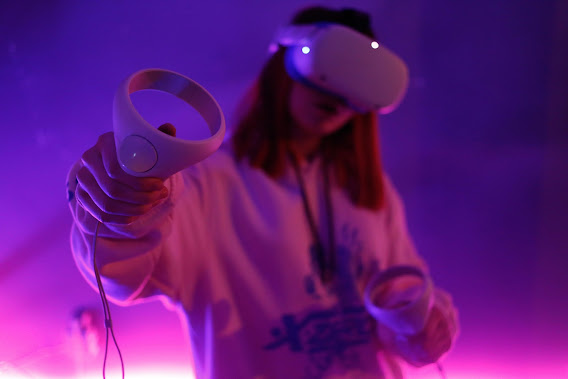Virtual Technology (VR)

Imagine slipping on a headset and instantly stepping into a different world—one where you can explore distant planets, collaborate with colleagues across the globe, or dive deep into an immersive game. This isn’t science fiction anymore; it’s virtual reality (VR) —a transformative technology reshaping how we experience the digital world. VR has evolved from a niche gaming gimmick into a powerful tool across industries, from healthcare and education to architecture and social networking. As hardware becomes more affordable and software more sophisticated, VR is poised to revolutionize not just entertainment, but the very way we live, work, and connect. In this blog, we’ll explore the latest breakthroughs in VR technology, examine its real-world applications, and consider what the future holds for this immersive medium. Whether you're a curious newcomer or a seasoned tech enthusiast, get ready to dive into the fascinating world of virtual reality. Basic Definition of Virtual Real...